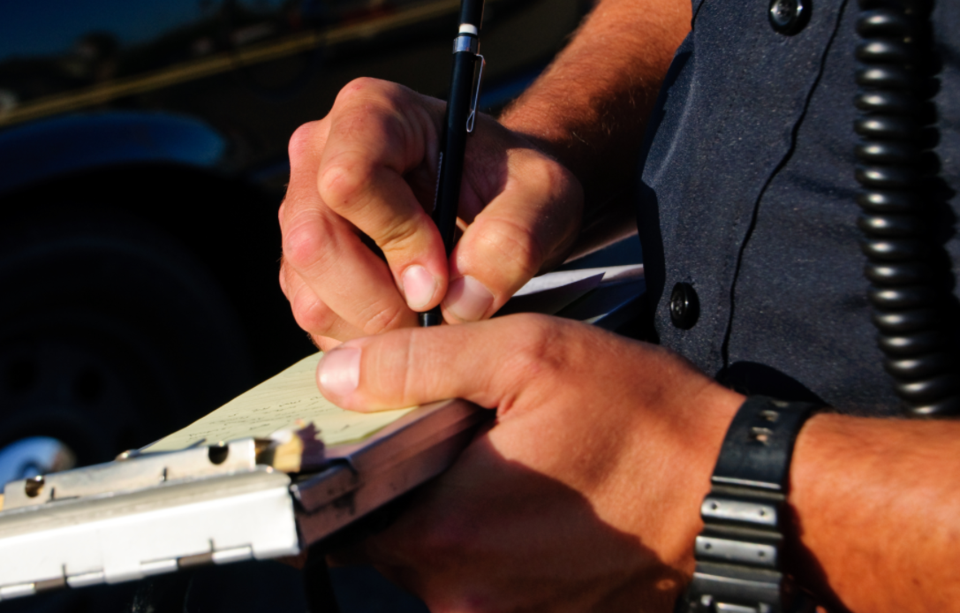In the midst of the worldwide health pandemic, a Barrie woman received some surprise guests when she hosted a birthday party.
The cops showed up. And they came bearing a gift: a $750 fine.
Under the Ontario Emergency Management and Civil Protection Act, police and municipal officials have the power to enforce rules specific to the pandemic. They can also enforce the city’s own emergency order.
When 11 people gathered at the 45-year-old woman’s east-end home April 11, which included five guests, police said she infringed the rule limiting gatherings to five people.
That charge is plotted on a national map created by the Policing the Pandemic Mapping Project, which was created from information available to the public, including news reports. Two other points are plotted in Barrie with news articles about pandemic-related complaints related to the pandemic and another reporting that 20 people were charged by bylaw officers in COVID-19-related offences.
The birthday gathering has been the only charge laid by Barrie police during the pandemic.
“The state of emergency, as declared by the City of Barrie, and the Province of Ontario, doesn’t significantly impact the Barrie Police Service,” Barrie police spokesperson Jennett Mays said in an email.
But municipal bylaw officers were active, having more than 9,000 “interactions” with members of the public related to COVID concerns between March 16 and June 21.
“In most cases, questions, complaints and individual actions have been addressed through education, awareness and cautions,” Dawn McAlpine, the city’s general manager of community and corporate services, said in an email. “However, there have been 20 individuals with circumstances where charges have been laid.”
She said that in 99.7 per cent of the interactions, municipal law enforcement officers were able to achieve compliance without laying charges.
The Policing the Pandemic Mapping Project map has led to a report, Stay off the Grass: COVID-19 and Law Enforcement in Canada, examining the country’s use of law enforcement during the current pandemic.
In releasing the report Wednesday, Canadian Civil Liberties Association executive director Michael Bryant said it “proves that we’ve got an ugly ticketing pandemic, replete with COVID carding and racial profiling, in central and eastern Canada.”
The analysis by the University of Ottawa's Alexander McClelland and the University of Toronto's Alex Luscombe, co-founders of the Policing the Pandemic Mapping Project, estimates 10,000 COVID-related tickets or charges were laid over 100 days, from April 1 to June 15, mostly in Quebec, Ontario and Nova Scotia, resulting in $13 million in fines.
The report criticizes the use of law enforcement to achieve compliance with public health strategies instead of education and goodwill. And there are allegations of arbitrary rules and a disproportionate impact on specific racial and other groups.
They found the greatest number of those fines were issued in Quebec with 77 per cent, Ontario at 18 per cent, and Nova Scotia at three per cent.
In Barrie, the vast majority — 15 — of the charges involved the use of closed parks or park amenities, such as playground equipment and basketball courts. Dogs running at large, smoking on city property and a business operating on a COVID-related matter without a licence were also among the charges.
But after anti-racism rallies in Barrie, in which no tickets were issued, Coun. Sergio Morales said any previous tickets handed out should not be enforced. He suggested the lack of ticketing at the events exhibited a double standard.
McAlpine responded that once a Provincial Offences Act ticket is issued, it's then up to a justice of the peace to decide how to resolve it.
Barrie also established a pandemic enforcement phone line, but officials said calls have tapered off in recent weeks.
